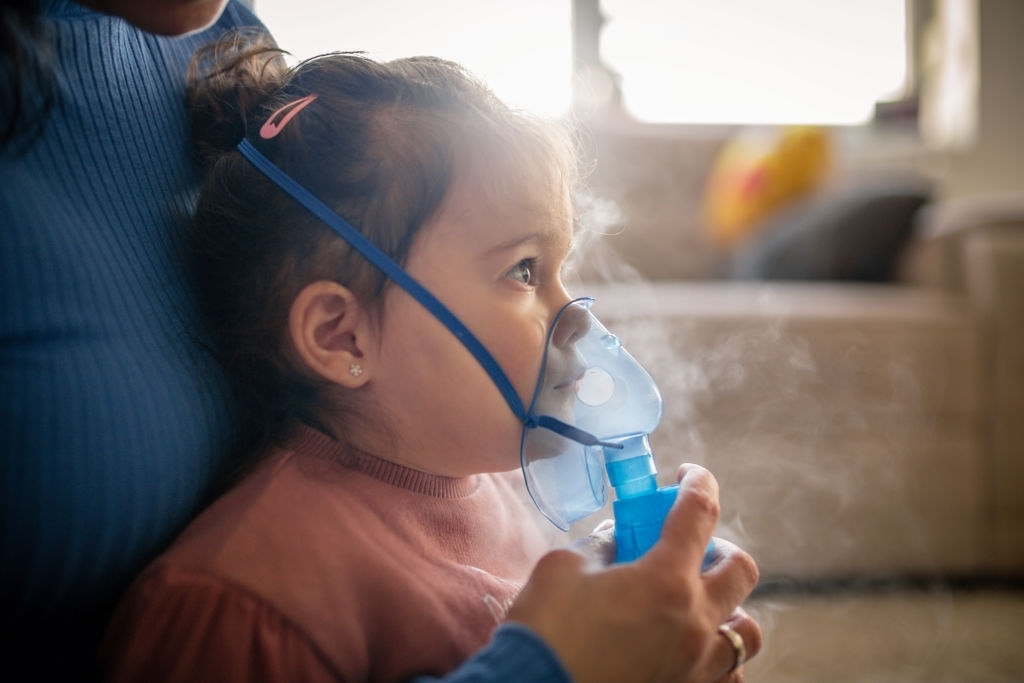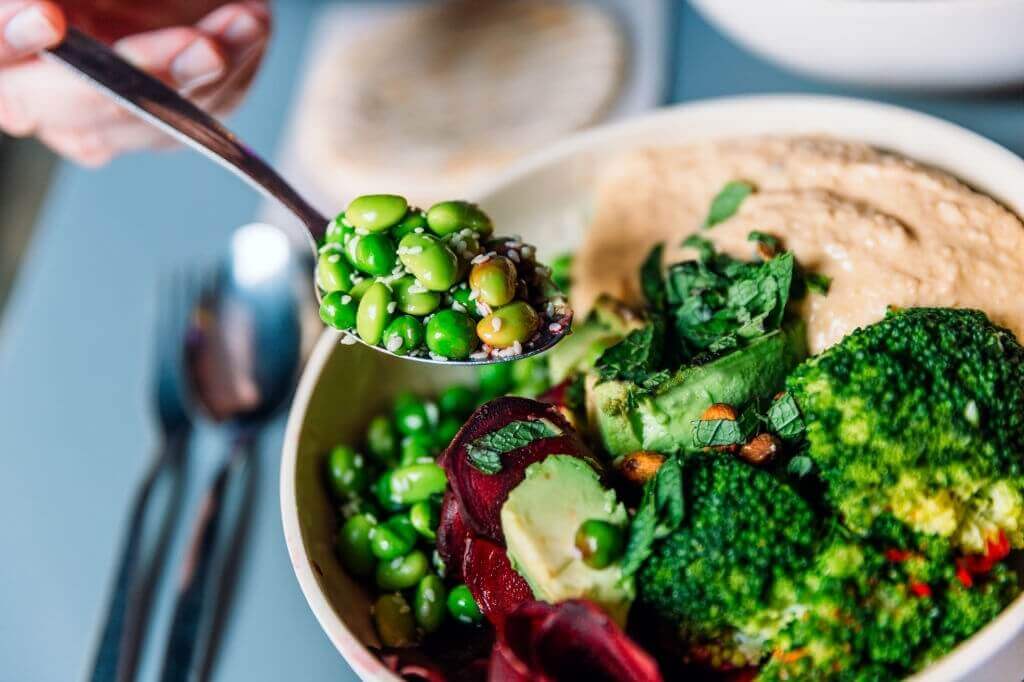Cystic fibrosis is a common health problem among many people. This disease affects the glands that generate secretions and bodily fluids, causing the secretions to thicken and stickier than they should be. The digestive system and the lungs are both hindered because of this.
Cystic Fibrosis Diet
A defective inherited gene causes cystic fibrosis on chromosome 7 that causes the disease. This gene regulates the flow of water and salt in the body’s cells. The gene must be inherited from both parents for a kid to have this issue, and it is an autosomal recessive type of inheritance.

What Are The Effects Of Cystic Fibrosis On The Body?
Cystic fibrosis (CF) is a rare hereditary disease for which there is no treatment. If both of your parents have the CF gene mutation, you have a 25% chance of being born with the condition. The epithelial cells in your body are affected by CF. These cells aid in the regulation of salt and water balance. Sweat glands, pancreas, and lungs are all home to them. Sweat, mucous, and digestive fluids are produced here.
These thin, slippery fluids become sticky and thick in individuals with CF. Breathing, nutrition absorption, and digestion may all suffer because of this.
A cystic fibrosis diet is required to give additional minerals and calories to sufferers. To begin with, those suffering from hereditary diseases must eat high-calorie, high-fat meals. Protein, salt, calcium, iron, and zinc-rich foods should be included in patients’ diets. Furthermore, kids should never miss meals.
Patients with cystic fibrosis should not exclude carbs from their diet. As previously said, patients are deficient in calories, which may be dangerous, particularly in adolescents approaching puberty. Every day, children and adolescents need about 50% more energy to sustain their development and busy lifestyle. Because cystic fibrosis impairs total nutritional and calorie absorption from food, a low-fat diet may result in malnutrition and a lack of energy to sustain development and daily physical activity.
Cystic fibrosis patients should consult with dieticians to establish how many calories they need daily and how high-calorie and high-fat foods may be incorporated in cystic fibrosis diets. Growth, weight gain, and calorie intake must all be tracked throughout time and a proper dietary plan.
Ways in Which Cystic Fibrosis Affect Diet and Nutritional
Colds and other diseases are more difficult to avoid when you do not get enough protein, fat, and other nutrients. It is also more challenging for your body to maintain healthy and clean lungs.
You should consume a well-balanced diet rich in fat, protein, dairy, fruits, and vegetables if you have cystic fibrosis. To guarantee that your body can absorb enough of these nutrients, you will need to increase the quantity of each in your diet.
Examples of Foods E Recommended Cystic Fibrosis Diet
High-calorie breakfasts: sausage or bacon and eggs, toast with cream cheese or butter, maple syrup and butter pancakes, full milk cereal, and more
High-Calorie Lunches
Pasta salads with healthy mayo (such olive oil or avocado-based mayo), peanut butter and jelly sandwiches, tuna sandwiches (with lots of healthy mayo), and creamed soups are all high-calorie lunches.
High-Calorie Dinners
Steak with baked potatoes, fried meals in healthy cooking oil (such as avocado oil), veggies with plenty of butter, multi-grain or whole grain bread and butter, pizza with additional cheese
High-Calorie Dinners.
Ice cream sundaes with whipped cream, nuts, fruit, and other toppings, cereal with nuts and half-and-half (instead of milk), and a homemade milkshake or smoothie are all high-calorie night snacks and desserts (with flax, chia, or other seeds, high protein shake mix, fruit and more)
Other Methods to Make Sure You Are Getting Enough Nutrients
Your doctor or dietitian may recommend Vitamins A, D, E, and K, as well as fat-soluble vitamins. These are necessary for development as well as healing. Fat-soluble vitamins are required for optimal fat absorption. You may be missing essential nutrients if you are unable to get enough fat from meals. Consult your doctor about the best way to include these vitamins into your diet. The majority of individuals will take these vitamins with pancreatic insufficiency.
With each meal, you may need to take supplements, including B vitamins, protein, and other minerals. These are typically decided by your specific dietary requirements and may be recommended by a doctor.
If a person with CF cannot maintain their nutrition via eating, they may benefit from temporary tube feeding to obtain additional nutrients and calories. While you sleep, tube feeding may provide up to 2,000 calories. A minor surgical technique is used to place the feeding tube into your stomach.
Tips for Meal Planning

Taking a little additional effort to prepare your meals may go a long way toward preserving your health. Consider scheduling your meals for the next day, so you do not have to scramble to find anything to eat at the last minute. Make sure you eat various modest meals throughout the day, or three bigger meals plus snacks.
It may also aid in the preparation of meals ahead of time. Extra portions of your favorite meals, such as lasagna, quiche, or shepherd’s pie, may even be frozen. On days when your appetite is low, or you are unable to prepare, having ready-made, tasty meals on hand may come in useful.
Make sure each meal contains calorie-dense fat and dietary protein sources. You will also want to have a supply of nutritious, grab-and-go snacks on hand. Trail mix, cheese sticks, and tuna on crackers are all simple, healthy options.
Maintaining a well-balanced diet may need additional effort and preparation, but it will be well worth it if your nutritional requirements are fulfilled. It may be beneficial to assemble a team of experts who can provide advice and friends or family members who can assist with meal preparation, provide support, and provide companionship. You are not required to do it alone.
Your dietary requirements will alter as you get older and your general health improves. Developing good habits may make it easier to get through difficult times. It is natural to have days when you do not feel well or are too exhausted to prepare meals. You may be able to get through such moments more readily if you can depend on proactive actions.
Although adhering to the cystic fibrosis diet daily may be difficult, it is not impossible. Many online resources are available to individuals with CF who want to learn how to prepare, package, and consume the quantity and types of meals suggested on a diet.
It is usually a good idea to seek out support from people going through similar situations, just as it is with any other kind of diet. Access a Cystic Fibrosis Foundation branch in your region for more information on support and treatment for people with cystic fibrosis.